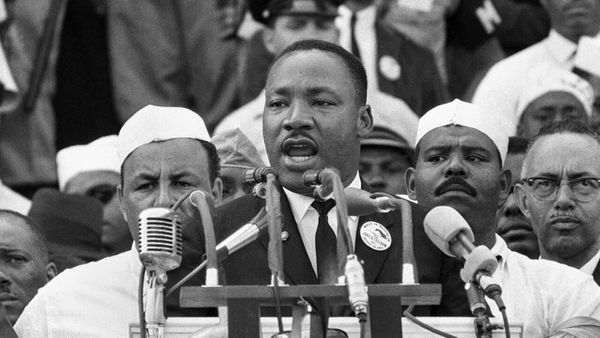
The organisers of the British Grand Prix at Silverstone have apologised and pledged to improve their ticketing system after angering fans with the online process for the 2023 race.
Many fans were left frustrated and indignant at both the difficulty in purchasing tickets and the prices rising as they attempted to do so because of the new “dynamic pricing” system.
Tickets for the British GP went on general sale on Thursday 15 September. The online system was unable to cope with demand, with customers held in queues for hours on end. Some were then bumped out and had to begin from scratch, while many found the price of the tickets they were attempting to buy had increased by the time they reached the stage of finally purchasing them.
Jon Fisher from Calne in Wiltshire, an F1 fan since the 1980s, was trying to buy tickets for £419. After being held in a queue for eight hours he was finally able to purchase them but the price had risen to £489.
“It feels like a way for them to make more money, it’s not about fan experience,” he said. “It’s milking the customer, it is profiteering from fans who don’t have any choice to watch F1 anywhere else in this country.”
Phil Morris, a Silverstone regular since 2014, experienced similar. He was knocked out of the queue after six hours and when reapplying his price had increased by more than £50. “We are being priced out of attending and this will be our last year,” he said. “There’s no reward for loyalty and pure marketing towards making as much money as possible.”
Likewise James Smith, who has enjoyed F1 since he was nine years old, watched his price rise in a system he described as fundamentally unfair on fans.
When presented with their opinions the managing director of Silverstone, Stuart Pringle, expressed his regret at what had happened and his determination not to repeat it.
“I am extremely sorry for the frustration, upset, disappointment and anger this has caused,” he said. “We are going to do a root and branch review on all of this. I am not closing the door on doing anything differently next year, we will consider anything and everything. Nothing is off the table. We have learned a lot of lessons and we can’t have a repeat of this year.”
Pringle cited a combination of factors behind the queueing problems, with the sales handled by a third party provider, Secutix. Its system proved unable to cope with the extreme demand and suffered a payment gateway issue on the same day.
The dynamic pricing, used for the first time at a British sporting event, was, Pringle argued, a different issue, however. Silverstone’s traditional model has been to offer the cheapest prices for early purchases. These then increase over months as available tickets decrease in number.
This year a similar process was built into the system but he said they were caught unawares by the scale of demand. For the 2022 race it took approximately five months to shift the same number of tickets that were sold in two days this time. The unprecedented demand caused price increases that were expected to be implemented slowly over a period of weeks to be applied in a matter of hours.
“Not long ago the issue was whether we could stay in business. To reach a point where we are suddenly into Adele, Coldplay-scale of demand is just unimaginable,” he said. “In light of what we know now, can we use our historic model given the current popularity of F1? We have to look at that. It’s wonderful we have had such a demand but it is utterly regrettable that our fans have been subject to these challenges. We have to sort it out and we will sort it out.”







